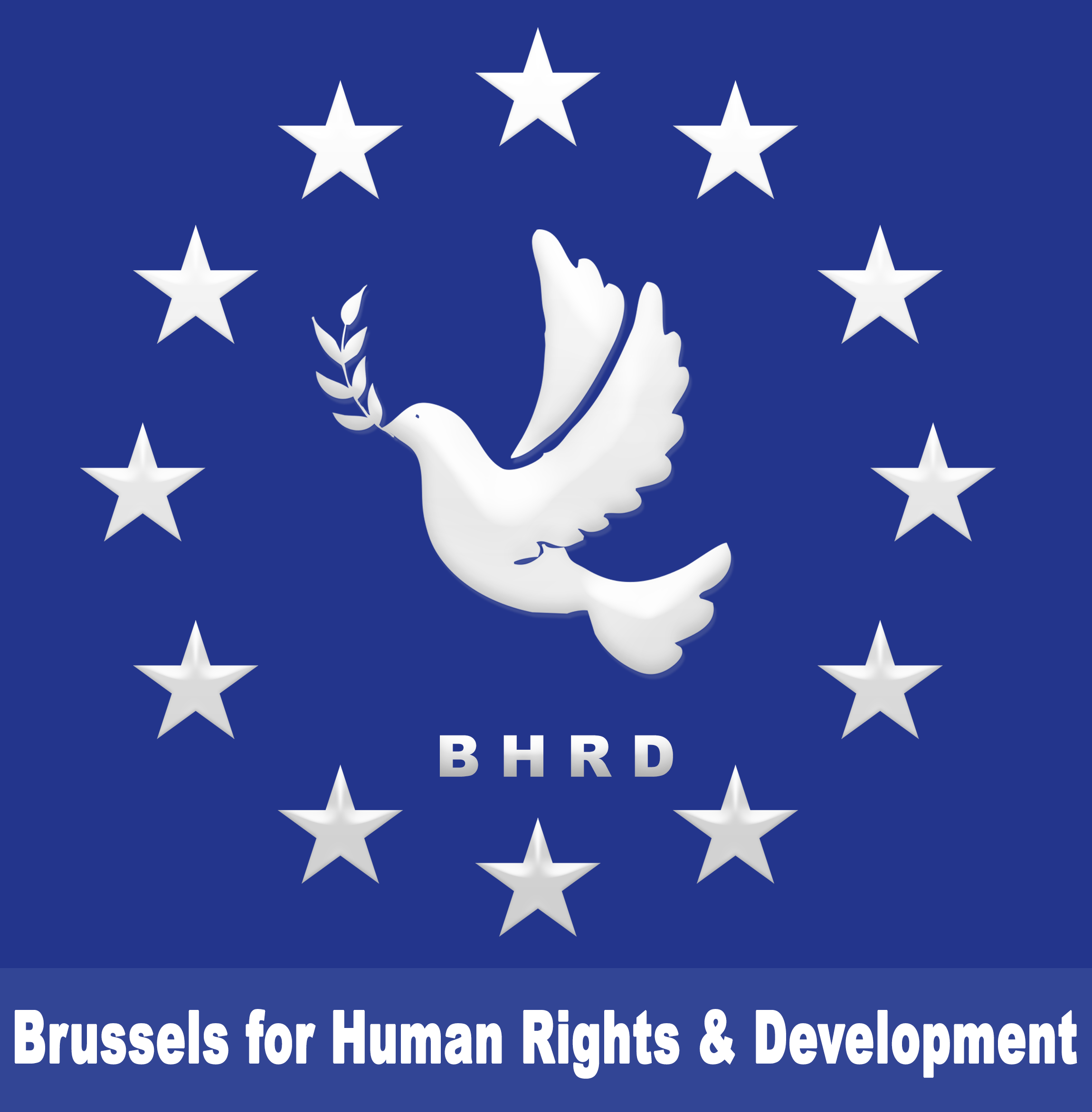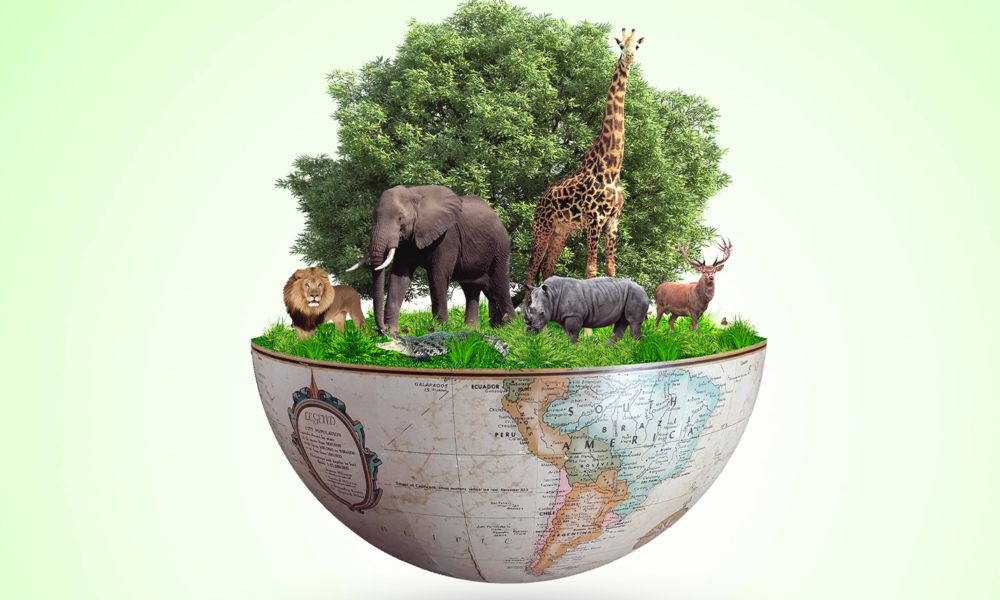The World Health Organization (WHO), in collaboration with the Pan American Health Organization (PAHO), is set to convene its inaugural global workshop on biodiversity, traditional knowledge, health and well-being in Rio de Janeiro, Brazil, from July 25th to 28th, 2023.
Biodiversity and traditional knowledge extend beyond health and are intricately linked to natural resource management. Indigenous communities often have a deep understanding of their natural surroundings, the medicinal properties of various plants, and how the variety of plant and animal life supports food security, livelihoods, nutrition, and other dimensions of health and well-being. Biodiversity and traditional knowledge are foundational pillars of health and well-being and are essential to meeting the global commitments made under the Sustainable Development Goals (SDGs), the Kunming-Montreal Global Biodiversity Framework (KMGBF), and the Paris Climate Agreement.
The workshop will provide a platform for dialogue, knowledge-sharing and capacity-strengthening among key stakeholders, including Indigenous Peoples, Afro-descendants, ministries of health, civil society and other stakeholders, as an input to the core biodiversity stream of the first WHO Traditional Medicine Global Summit to be held on 17-18 August 2023 in Gandhinagar, Gujarat, India. It also aims to further advance the draft Montreal Pathway, in light of the adoption of the KMGBF (2022-2030).
The workshop will provide a unique opportunity for traditional health practitioners and policymakers to learn from each other and develop recommendations for policy and practice.
The workshop will be divided into two parts: One regional component for the Region of the Americas (AMRO) on July 25-26, followed by a two-day workshop in which representatives from all of the other WHO regions will also be in attendance.
Key themes to be explored in the workshop will include:
- Mainstreaming of biodiversity-health linkages into environment and public health policies, plans, and projects.
- The conservation, sustainable management, and use of biodiversity and traditional knowledge to safeguard health and well-being.
- The role of biodiversity and medicinal plants in the prevention and management of health issues among Indigenous Peoples.
- The importance of biodiversity for the health and well-being of Indigenous Peoples as it pertains to sustainable and healthy food systems and traditional medicine.
- Strengthening national capacities on biodiversity, climate, and human health inter-linkages, including on sustainable and healthy food systems, nature-based solutions, and One Health.
- Advances in Indigenous and Afro-descendant traditional medicine into health systems.
- The participation and recognition of traditional health practitioners in health systems; and,
- The importance of community participation and engagement in the design and implementation of community health policies and programs.
The meeting outcomes, in the form of a draft “Recommendations to the first WHO Traditional Medicine Summit,” will be reported in a plenary session under the biodiversity stream of the Global Summit in Gandhinagar, Gujarat, India, on the margins of the G20.
With a focus on the sustainable management and use of biodiversity in a changing climate, the workshop will contribute to the identification and exchange of initiatives, best practices, and legislative frameworks for the sustainable management and use of biodiversity to support health and well-being. Other thematic areas that will be discussed include food security and nutrition, One Health, sustainable livelihoods, climate change adaptation, Indigenous and land tenure rights and strengthening access to healthcare in underserved communities through a better integration of traditional medicines.


 العربية
العربية